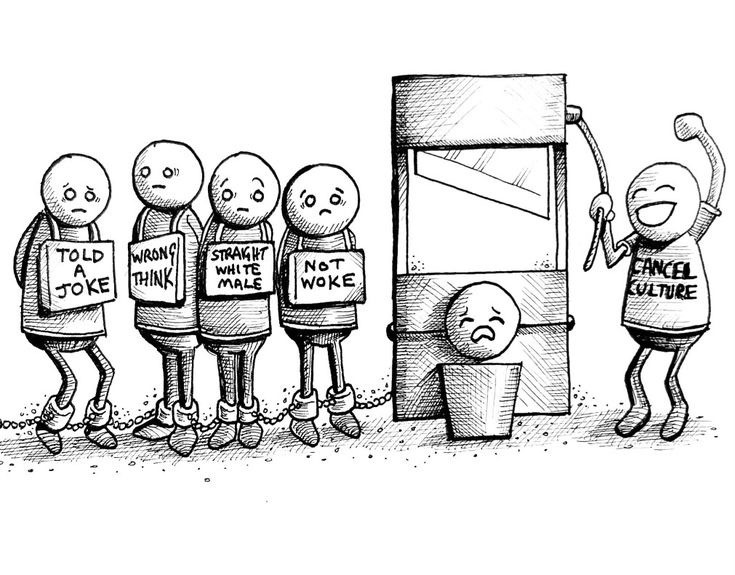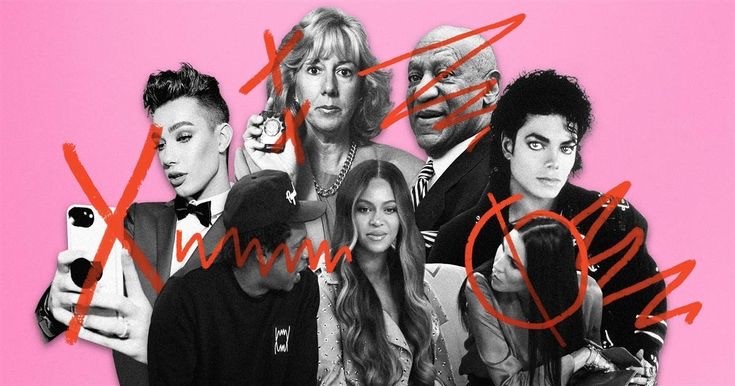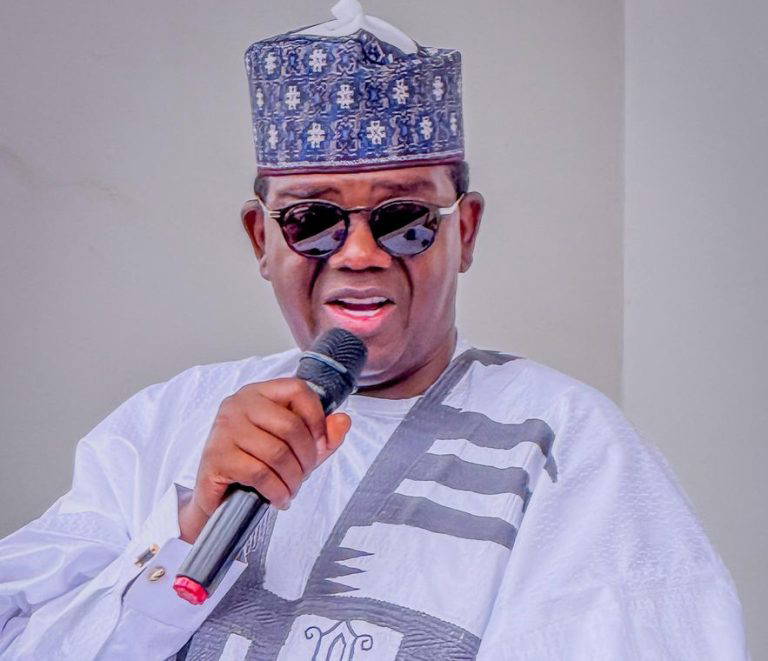In the turbulent recent years, the relentless grip of cancel culture has woven itself into the very fabric of our society, sparking heated debates that pulse with the urgency of the freedom of expression, accountability, and social cohesion. What began as a noble endeavour to hold public figures accountable for their actions and words has undergone a dramatic transformation into a phenomenon that absolutely demands our unwavering scrutiny. It compels us to confront a disquieting question: have we, in our zealous quest for justice, overstepped the bounds and unleashed a force that threatens the very foundations of our societal harmony?
At its core, cancel culture revolves around the idea of holding people accountable for their previous deeds or remarks, particularly if they are viewed as derogatory, harmful, or biassed. Advocates vehemently assert that it empowers marginalised populations to demand accountability from those in positions of power. The crucial aspect of cancel culture, however, is its implementation, where the dangerous potential for societal upheaval and the intricate web of our social fabric are brought into stark relief. We are walking a perilous tightrope where the whole nature of responsibility is in jeopardy and the line between justice and anarchy teeters on the brink of collapse.

One evident problem with the cancel culture movement is the absence of due process and the lack of nuance. In our fast-paced digital age, decisions are frequently made in a hurry and are based on partial or fragmentary information. Social media platforms change into online courts, the crowd mentality rules, and decisions are made quickly without a fair and thorough assessment of the circumstances. This has the potential to lead to innocent people being falsely charged and having their reputations permanently damaged.
Additionally, cancel culture can suppress free speech and the sharing of opposing opinions. It’s difficult for people to express their thoughts freely when they fear negative consequences. This anxiety can lead to self-censorship, which hinders communication and reduces the chance for learning and understanding. Cancel culture is a threat to homogenise public discourse by deterring those with uncommon or divisive opinions from speaking out in a society that benefits from diversity of thinking.
The reverberations of cancel culture extend far beyond the immediate targets; they delve deep into the realm of mental well-being, and the tale they tell is one of profound significance. The experience of enduring public humiliation, relentless harassment, or painful exclusion leaves behind emotional and psychological scars that run deep. It births anxiety, plunges individuals into the abyss of depression, and thrusts them into the cold embrace of isolation—hardly the ingredients for the compassionate and equitable society we aspire to create.

And here’s the crux of it all—cancel culture often blurs the line between legitimate misconduct and innocent mistakes or lapses in judgment. While some individuals undoubtedly deserve to face the music for their actions, others may falter without harboring ill intent. Canceling someone for a genuine mistake isn’t merely a misstep; it’s a roadblock on the path of personal growth and a barricade against opportunities for education and redemption. This is a tumultuous landscape, where nuance is often lost amidst the fervour, and where the very notion of justice becomes a maze of tangled threads.
It’s past time we advocate for a more thoughtful and sophisticated approach to responsibility in order to deal with the intricate nuances of our culture. We should wholeheartedly support a process that is centred around constructive criticism, education, and personal development rather than prematurely turning to cancellation on the burned land. This route enables people to learn from their mistakes and admit them, which ultimately fosters a society that is more accepting and kind.
Furthermore, we must examine the role of social media sites and the enormous responsibility they face in sustaining the cancel culture. These platforms carry extraordinary power and can serve as critical pillars in fostering healthy conversation. It is incumbent on them to enact stronger moderation policies and foster a climate favourable to civil dialogue. Simultaneously, users must exercise caution, rejecting the instinctive temptation to indulge in cancel culture, and instead, make a concerted effort to comprehend the whole context of a situation before passing judgement. This is a call to arms for a cultural shift in which accountability is fostered with wisdom and compassion, and social media platforms take on a more responsible role in moulding our dialogue.

In a final reckoning, the quandary of cancel culture is a powder keg of swift judgments, the chilling of free expression, and a grave toll on individuals’ mental well-being. Accountability, undeniably vital, cannot be meted out with reckless abandon. What we urgently need is a more equitable and compassionate approach—one that nurtures personal growth and deep understanding.
Cancel culture should not be wielded as a weapon of annihilation; instead, it should emerge as a formidable avenue for education and the construction of a society that thrives on fairness and empathy. The pivotal question that ignites our collective conscience is this: Have we ventured too far into the abyss of cancel culture, or can we summon the wisdom to unearth a superior method for achieving accountability and justice? This is a clarion call for introspection, demanding a recalibration of our societal compass to forge a path that embodies not just accountability, but a genuine commitment to progress and compassion.
Sources
- https://www.vox.com/culture/2019/12/30/20879720/what-is-cancel-culture-explained-history-debate
- https://www.treatmyocd.com/what-is-ocd/common-fears/fear-of-being-canceled-ocd#:~:text=Triggers%20for%20people%20with%20a%20fear%20of%20being%20canceled%20include%3A&text=Memories%20of%20poor%20behavior%20one,media%20posts%20about%20controversial%20topics
- https://blog.carlow.edu/2022/12/08/how-counselors-are-dealing-with-an-impact-of-cancel-culture-on-mental-health/#:~:text=Ultimately%2C%20the%20dangers%20of%20cancel,isolated%2C%20according%20to%20psychology%20experts.&text=At%20its%20core%2C%20cancel%20culture,for%20the%20person%20being%20canceled.




